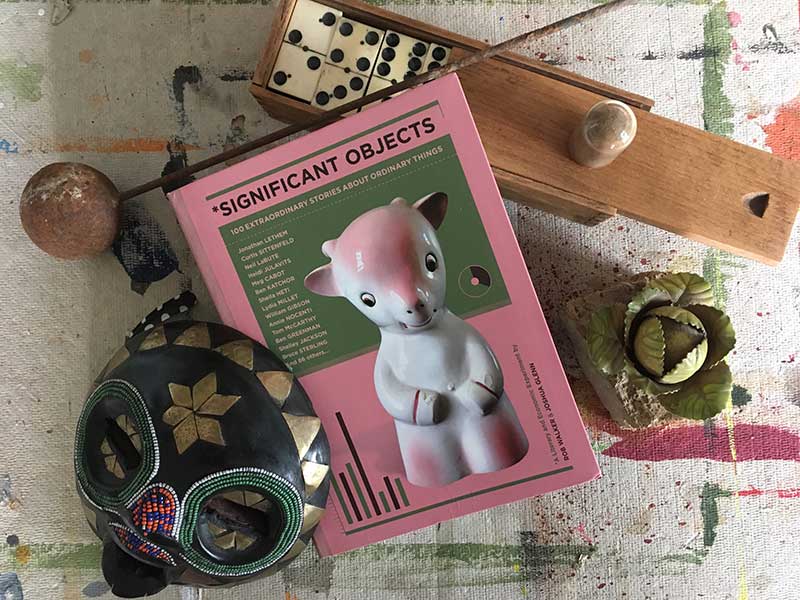August 2, 2022

In my last post I wrote about getting a matching tattoo with my daughter Jess and the power of the back story behind the tattoo. The post explored the idea that a back story makes things more valuable.
In 2009, two journalists from the New York Times and Washington Post decided to try and prove the hypothesis that a back story increases the value of objects.
Rob Walker and Joshua Glenn wanted to show that you can measure the emotional value attached to a story about an insignificant object. As a result, it is possible to put a price tag on the value that a story creates.
The Significant Objects Project
To test their theory, they conducted an experiment that they called the Significant Objects Project. They started by purchasing 100 items from various New York thrift shops. (On a side note, while in New York Jess insisted we visit A LOT of thrift shops… what an eye opener. I am positive this experience will feature in future blog posts.)
The average cost of the items purchased was $1.29 and they were not vintage or collector pieces. The items were insignificant and included plastic toys, an egg whisk, snow globes, a bottle opener, an unused box of birthday candles and even a little jar of mayonnaise.
They then posted these items on eBay. But instead of the standard factual description they asked 100 writers to create a short fictional story that they used in the description. Please note that I don’t propose making up stories, but this was for research and all proceeds were donated to the writers. You can find out more about the research including all the objects and stories at Significant Objects Project.
All the items sold for a total value of $3,612.51. That is at an average of $361. A staggering 2,799% increase on their market value.
The reason all these items sold well above the market value is because the back story created an emotional connection. This generates more value in the buyer’s eyes. So, they are prepared to pay significantly more for it, a staggering 2,799% more as the research suggested.
Emotional Connection and the Power of the Back Story
This is the reason why we are advised not to picture ourselves living in a house we are looking to buy. Once you do that, you have created an emotional connection and if needed, you will end up paying more for the house. Comparatively, people that buy houses to lease can easily walk away when the price goes above their budget as there is zero emotional connection.
As humans we are emotional beings, a fact often forgotten or not realised in business. We buy into things on emotion and use logic to rationalise or justify our position. Whether that is buying a house, a useless trinket from a thrift shop or committing to a company purpose / value.
If we want to create more connection, we need to move beyond the factual description of our company’s brand, purpose, values, products and services (or even the next thing we sell on eBay) and share authentic back stories.